Featured Resource
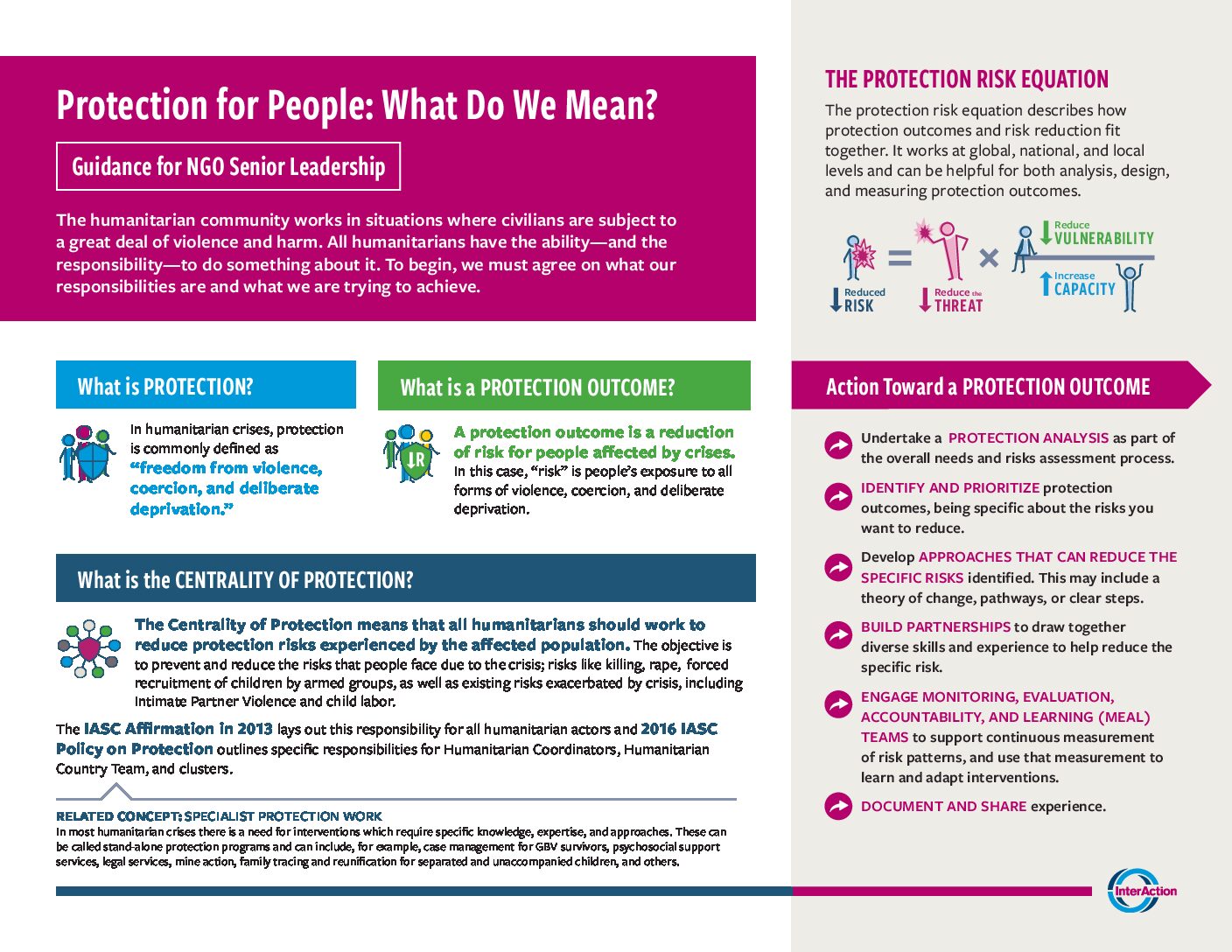 Protection for People: What Do We Mean? Guidance for Senior Leadership
Protection for People: What Do We Mean? Guidance for Senior Leadership

InterAction has published and collected resources including tools, reports, project evaluations, blogposts, and others from Members and partners that promote results-based approaches to protection since 2012; all of which can be found in this resource library. To explore practical case examples of RBP in practice, visit the case example page. Background photo By: Simon Moricz Sabjan is licensed under the CC BY-NC 4.0 license.
This report marks the first IASC-commissioned independent review of how the collective humanitarian system addresses protection. It provides insight into the ability and commitment of humanitarian actors and the humanitarian system to effectively counter behaviors that pose the biggest threats to life for people affected by crisis.
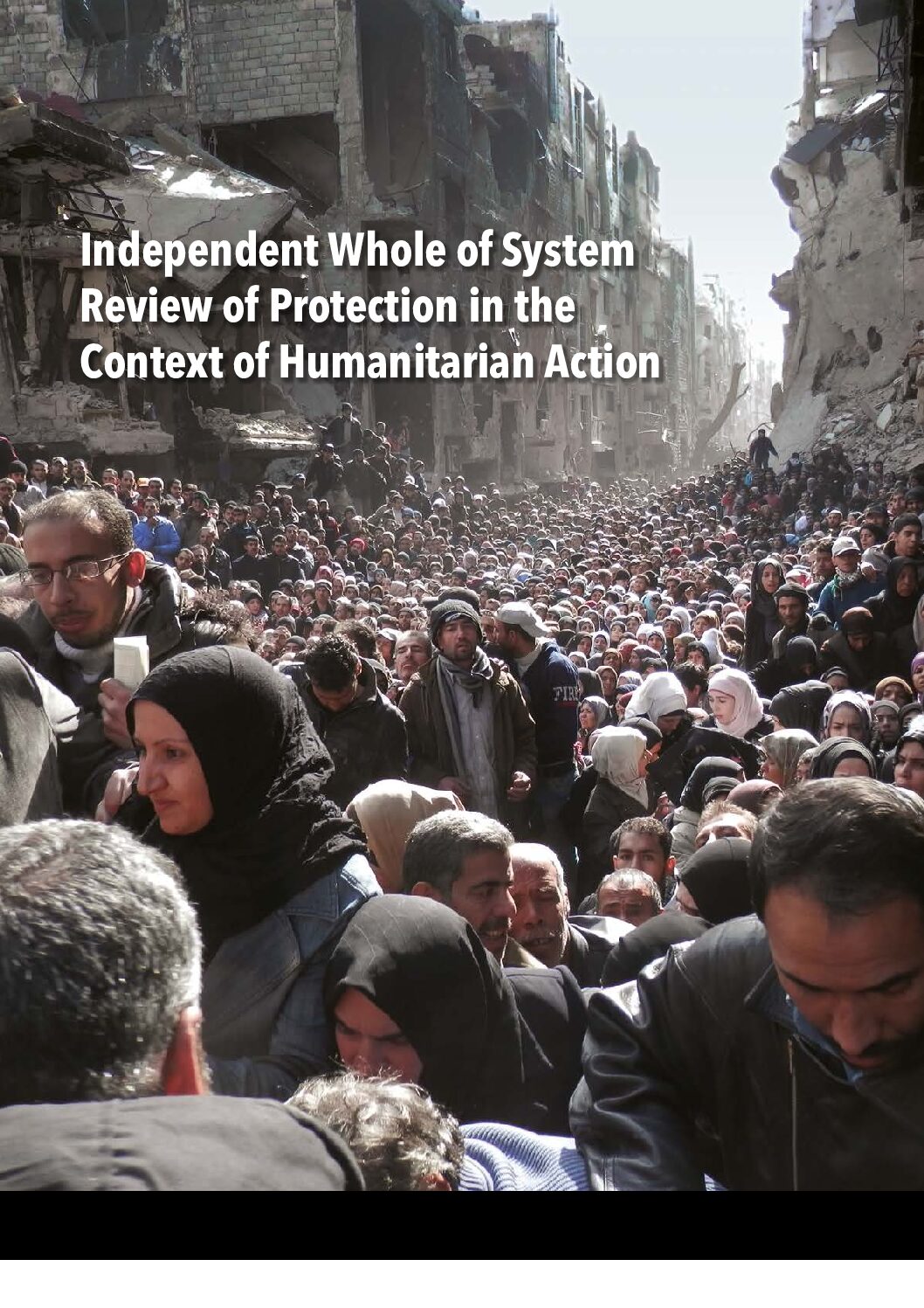
The report by the Syrian American Medical Society (SAMS) documents life and death in besieged areas of Syria and examines the international response.
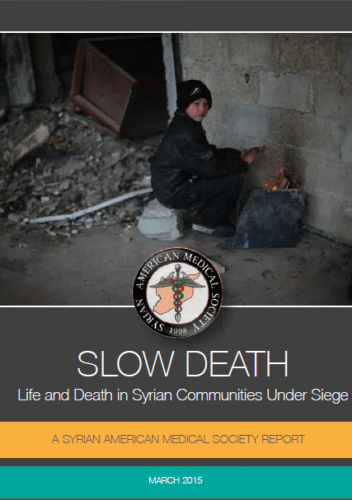
Mercy Corps’ new report, Youth & Consequences: Unemployment, Injustice, and Violence, tackles some of the most persistent assumptions driving youth programming in fragile states. Drawing on interviews and surveys with youth in Afghanistan, Colombia, and Somalia, it finds the principal drivers of political violence are rooted not in poverty, but in experiences of injustice: discrimination, corruption, and abuse by security forces.
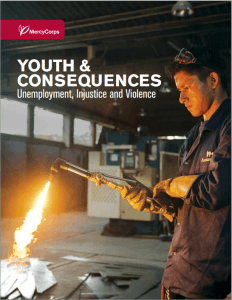
In December 2014, the Results-Based Protection Program hosted its pilot online discussion forum, Designing for Results: The top five characteristics of a protection program designed to bring about results.
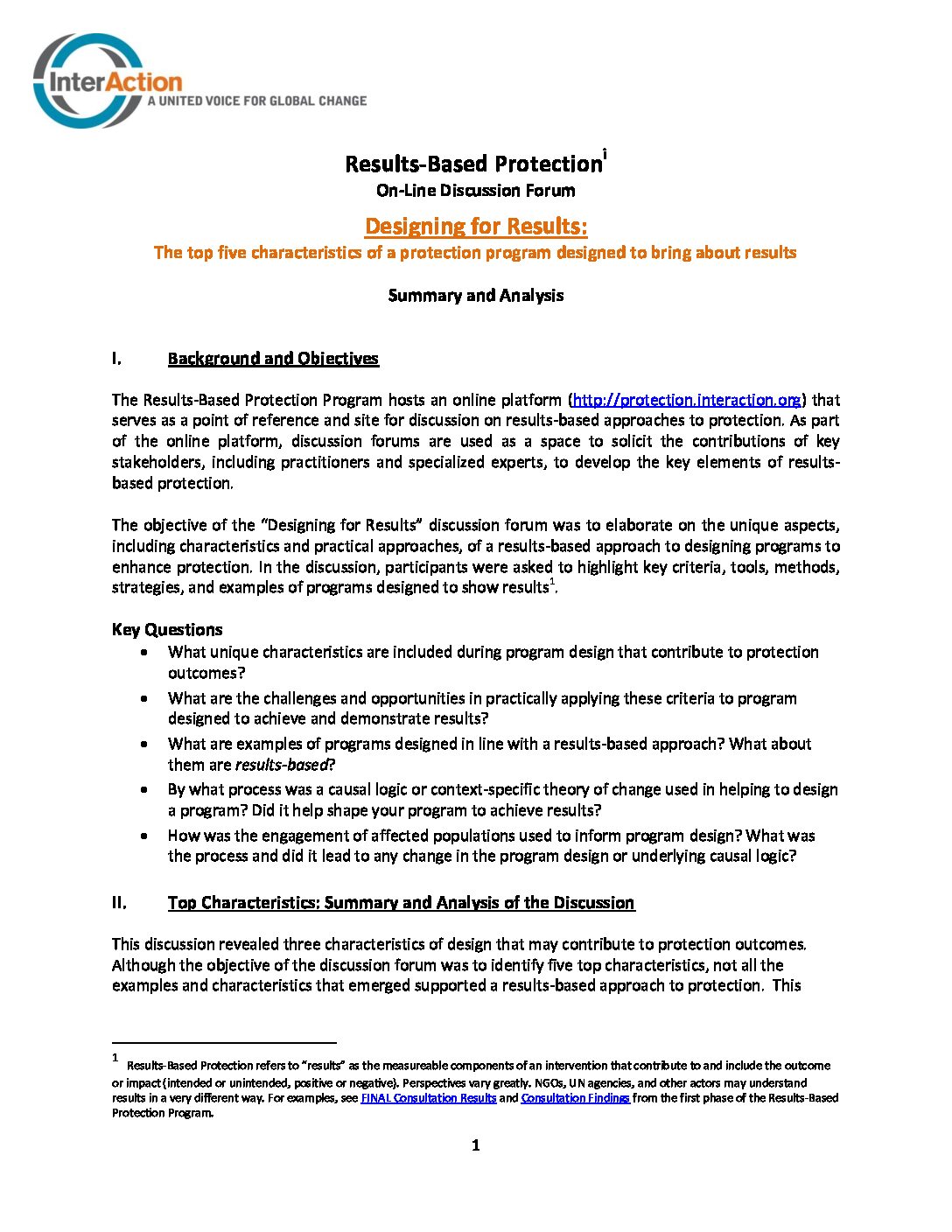
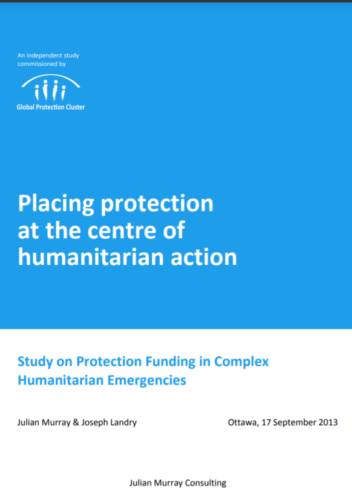
This case study report, focusing on adaptive humanitarian action in the Democratic Republic of Congo, highlights the landscape of humanitarian action in DRC, as well as what flexible, adaptive action looks like in this context, drawing out several relevant connections to Results-Based Protection.
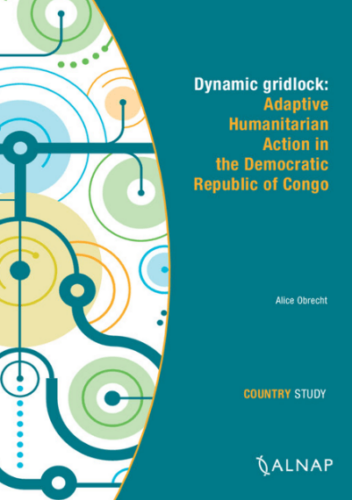
This report presents key findings related to Collaboration, Learning, and Adaptation (CLA) through an analysis of 2015 USAID CLA Case Competition submissions.
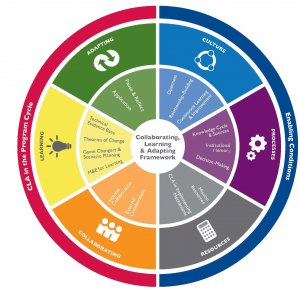
This report, a collaborative initiative from the International Rescue Committee (IRC) and Mercy Corps, explores what adaptive management looks like in practice, what impact it can have on programs, and how to best support this approach.
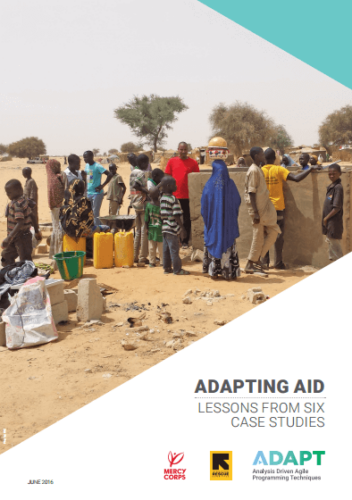
The L2GP studies explore how people living in areas affected by natural disasters and complex emergencies understand ‘protection’ – what do people value, and how do they go about protecting themselves, their families and communities?

This leaflet sums up the main lessons from a series of studies on community-based protection, by the Local to Global Protection Initiative (L2GP).
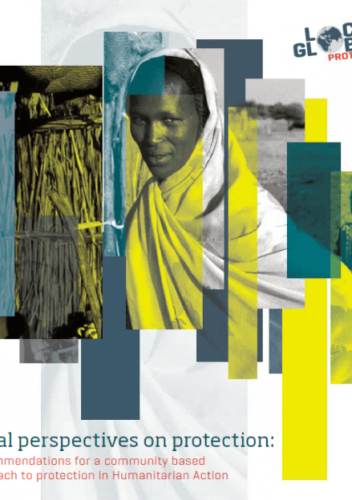
"*" indicates required fields